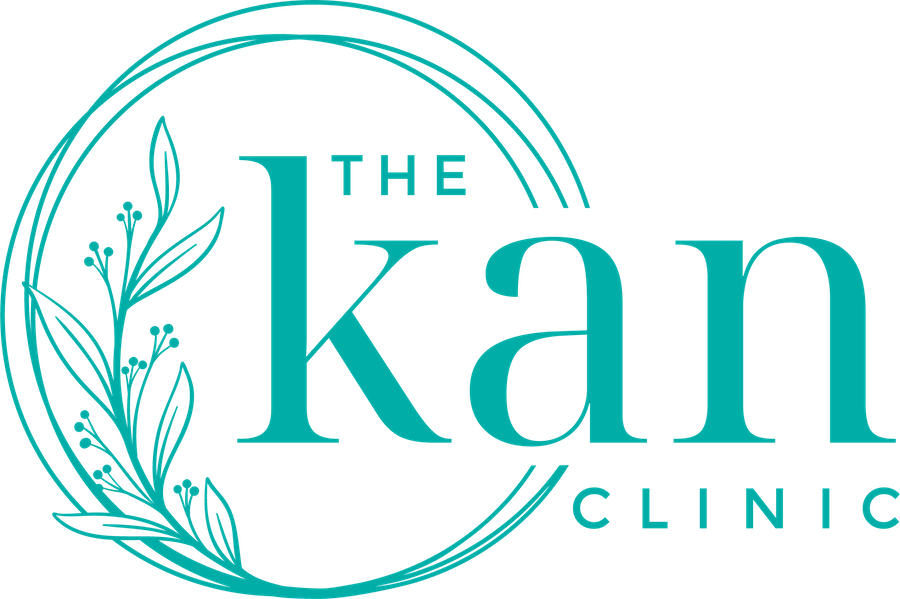Lichen sclerosus in Kids: What you need to know
Lichen sclerosus (LS) is a chronic skin condition that can cause significant discomfort in children. It often affects the genital and anal areas. It typically presents with white, patchy skin that's wrinkled, thin, and fragile. Labial fusion and vulvovaginal structural changes are a sign of disease progression in females. But, sometimes, itching may be the only significant symptom. In males, the head of the penis and perianal area may be affected.
Here’s a quick guide to understanding this condition:
🔍 Prevalence: LS is relatively rare but can affect children, especially girls, with estimates of between 1 in 300 and 1 in 900 children diagnosed before puberty. LS can occur at any age but has a notable peak incidence in prepubertal girls, typically between the ages of 4 and 8. Although less common, it can also be diagnosed in newborns and teenagers
🤒 Autoimmune Nature: LS is considered an autoimmune condition, where the body’s immune system mistakenly attacks its own tissues, causing inflammation and skin changes.
🌱 Gut Microbiome Connection: Emerging research suggests that the health of our gut microbiome plays a crucial role in autoimmune conditions. A balanced gut flora may help regulate the immune system and reduce inflammation, potentially impacting conditions like LS.
🌾 Link to Eczema: Children with LS often have other autoimmune or inflammatory conditions, such as eczema. This overlap suggests a common underlying imbalance in the immune system and the importance of a holistic approach to treatment. In our clinical experience, gut dysbiosis can be a common driver of imbalanced immune function, eczema and LS.
1. Medical Management:
Steroid Creams: Topical steroids are commonly prescribed to reduce inflammation and help manage symptoms. They can be highly effective in controlling outbreaks and providing relief from itching and discomfort.
2. Naturopathic Support:
Probiotic & Prebiotic Support: Probiotics and prebiotics can support a healthy gut and vaginal microbiome, which may help in managing LS and other autoimmune conditions. Comprehensive microbiome testing can help guide the specific recommendations.
Anti-inflammatory Diet: Incorporating foods rich in omega-3 fatty acids and antioxidants can help reduce inflammation.
Gentle Skin Care: Use mild, fragrance-free products to care for your child’s skin. The vulva is essentially self-cleaning so only needs warm water. No cleaning products necessary.
Castor Oil: Known for its anti-inflammatory and soothing properties, castor oil can be gently applied to the affected areas to help moisturise and heal the skin.
Emu Oil: Rich in fatty acids, emu oil is another excellent option for soothing inflamed skin and promoting healing.
Borax Sitz Baths: While controversial to many, soaking in a sitz bath with a small amount of borax can relieve itching and irritation and reduce inflammation. This natural remedy can be used alongside or independently of medical treatments to support comfort and healing. The key is to use it in very diluted amounts and under professional supervision. When used appropriately, we have seen incredible results with this
👨👩👧👦 Combining Approaches: Whether you opt for medical treatments, naturopathic support, or a combination of both, it’s essential to tailor the approach to your child’s specific needs.
If your child is experiencing symptoms or you want to learn more about managing Lichen Sclerosus, consider consulting with a naturopath trained in this area, like Marissa or Kelly on The KAN Clinic team. They can provide personalised care and holistic treatment plans to support your child's health.
👨👩👧👦 Your child’s comfort and well-being are our priority!
👉 Schedule a consultation to get started right away or a no-obligation free discovery call to learn more
Disclaimer: While some naturopathic treatments, such as borax sitz baths, are recommended by practitioners for their potential benefits, it's important to note that these practices can be controversial. The safety and effectiveness of borax for vaginal use are not universally endorsed, and it can irritate sensitive areas. Always consult with a qualified healthcare provider before starting any new treatment, especially for children.
This post is for information purposes only and is not to be used as personal medical advice.
Interested in More Tips and Naturopathic Insights?
Subscribe to our newsletter to receive expert advice, health tips, and updates directly to your inbox!
